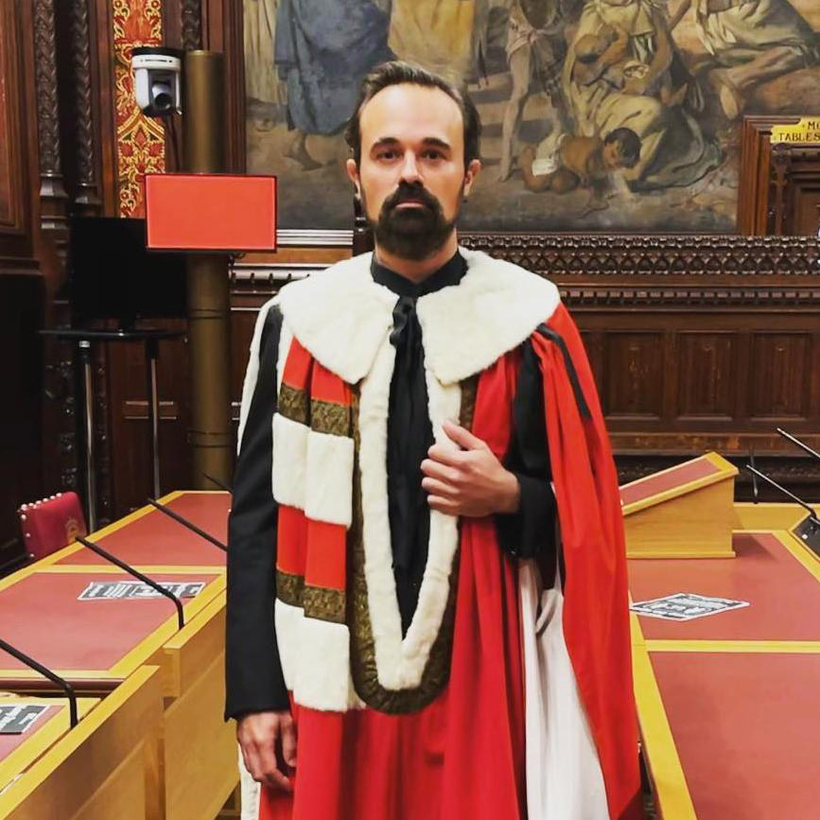In late December 2020, a man with piercing eyes, a thick black beard, dressed in a crimson velvet robe trimmed with white fur from red squirrels, walked into the gilded chamber of the House of Lords as Mr Evgeny Lebedev. Before leaving, as Baron Lebedev, of Hampton in the London Borough of Richmond upon Thames and of Siberia in the Russian Federation, he posed for a photo and uploaded it to Instagram. He captioned it “Muzhik [Russian peasant] amongst the noblemen” and added emojis of a bear and a crown.
There was some consternation that the son of Alexander Lebedev, a former K.G.B. officer turned oligarch, was taking a seat in Britain’s upper chamber of Parliament. But not much.


